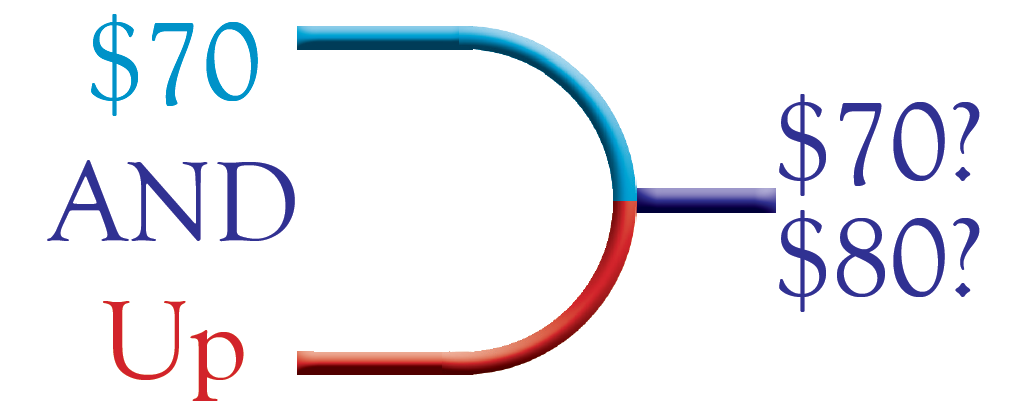LIBOR affects our loans and our economy
Libor, the London Interbank Offered Rate, is an average of bank interest rates that underpins most financial transactions. As this most recent of many previous banking scandals unfolds, it is evident that a few bad acting executives near the top of the global banking pyramid manipulated or “rigged” this very important interest rate.
It appears that millions of citizens shackled with student-debt and millions more family home mortgage payers now have a basis for one of the largest class action law suits since Big Tobacco lost in court.
How can any hard working citizen who signed their loan papers in good faith be expected to repay loans, for many years, perhaps even decades, that were issued with a rigged rate? Especially when current interest rates paid on savings accounts or to buy a new Volkswagen are at or near zero percent? It is time to negotiate lower rates on these rigged loans and to punish the few bad actors whose actions give the vast majority of honest bank sector employees a bad name.
Another important banking system, the Federal Reserve banks in the U.S. are unique in the world. They are privately owned, yet federally mandated to do things like print dollars and set interest rates. Since these banks are privately owned, they do not comply with Freedom of Information Act rules like most other government agencies do. The actual ownership of these important banks remains shrouded in mystery.
The Fed uses complex formulas to set interest rates with the official U.S. unemployment rate being among the most important factors considered. It is commonly known that the official U.S. unemployment rate is determined by using imaginative accounting procedures which leave out roughly half of the able-bodied U.S. citizens who want to work. It is little wonder that using faulty numbers and printing money without assets of value, such as gold, to back up the attractive paper bills, our financial system does not work well for the majority of citizens.
U.S. Senator Bernie Sanders (Independent-VT.) and others recently introduced and passed legislation which required the Fed to be audited for the first time in its nearly 100-year existence. The 2012 partial audit revealed that The Fed dispersed 16 trillion dollars with zero interest in secret between December of 2007 and June of 2010 to other major U.S. banks and corporations, as well as to foreign banks and nations, making the 700 billion TARP funds of 2008 look like chump change.
Senator Sanders frequently votes on legislation in Washington D.C. which affects all U.S. citizens. He has proven to be a stalwart representative of most ordinary citizens’ needs, placing them over the interests of the already well-represented, very wealthy one percent. For links to the Fed audit and other critical facts see: sanders.senate.gov
With feedback, comments, progressive ideas or alternative perspectives, contact Orlando Martin at: mrm61@uw.edu

